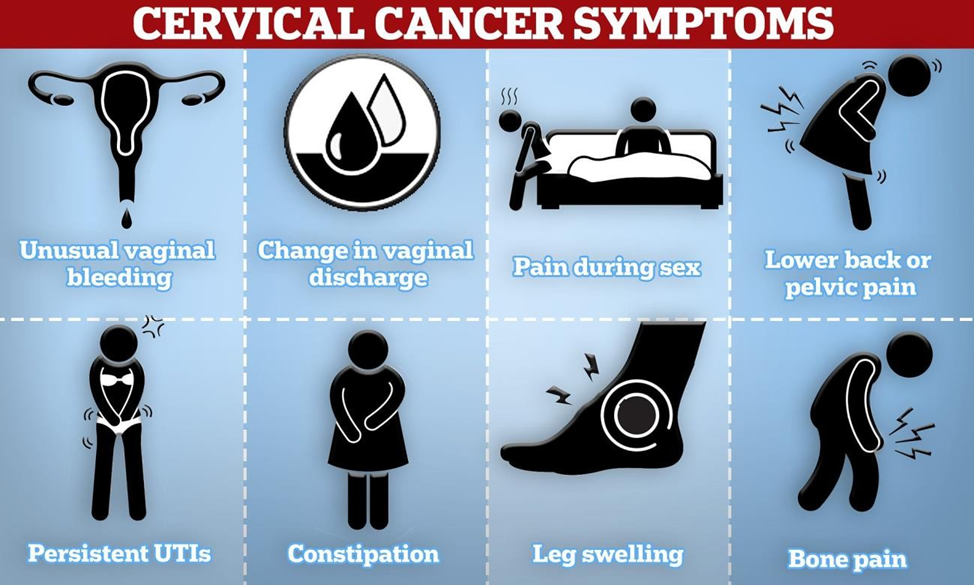A nurse is providing instructions to a client who has primary syphilis. Which of the following instructions should the nurse include in the discharge plan?
"You will need to take an antiviral medication for 6 months."
"You will need cryotherapy for 1 to 2 weeks,"
"You will need three follow-up blood tests within a 24-month period."
"You will need to be monitored for 15 minutes after receiving each medication dose."
The Correct Answer is C
A. Syphilis is a bacterial infection, so antiviral medication is not appropriate.
Treatment typically involves antibiotics, such as penicillin.
B. Cryotherapy is not a standard treatment for primary syphilis. Antibiotics are the primary treatment.
C. This is in line with the treatment guidelines for syphilis, which involve antibiotic therapy and follow-up testing to ensure the infection is fully resolved. The tests are done at 3, 6, and 12 months after completion of treatment.
D. Monitoring after medication doses may be necessary for certain medications but is not specifically indicated for primary syphilis.
Nursing Test Bank
Naxlex Comprehensive Predictor Exams
Related Questions
Correct Answer is D
Explanation
A. Frequent diarrhea is not typically associated with cervical cancer.
B. Urinary hesitancy is more commonly associated with prostate issues in males rather than cervical cancer in females.
C. Unexplained weight gain is not typically a symptom of cervical cancer.
D. Painless vaginal bleeding, especially after intercourse or between periods, can be a sign of cervical cancer. It's essential for individuals to seek medical evaluation if they experience any abnormal bleeding.

Correct Answer is A
Explanation
A) Disposing of the top of the ampule in a sharps container is essential for safety to prevent accidental injuries from broken glass.
B) While placing a paper towel around the ampule's neck to break off the top with both hands is a good practice to prevent injury, it's not the primary action needed for safe disposal.
C) Expelling air into the ampule to aspirate air bubbles is unnecessary and could contaminate the medication.
D) Withdrawing the medication from the ampule using a needleless system is not typically done with ampules, as they are usually designed for single-use and require breaking the top off to access the medication.
Whether you are a student looking to ace your exams or a practicing nurse seeking to enhance your expertise , our nursing education contents will empower you with the confidence and competence to make a difference in the lives of patients and become a respected leader in the healthcare field.
Visit Naxlex, invest in your future and unlock endless possibilities with our unparalleled nursing education contents today
Report Wrong Answer on the Current Question
Do you disagree with the answer? If yes, what is your expected answer? Explain.
Kindly be descriptive with the issue you are facing.
